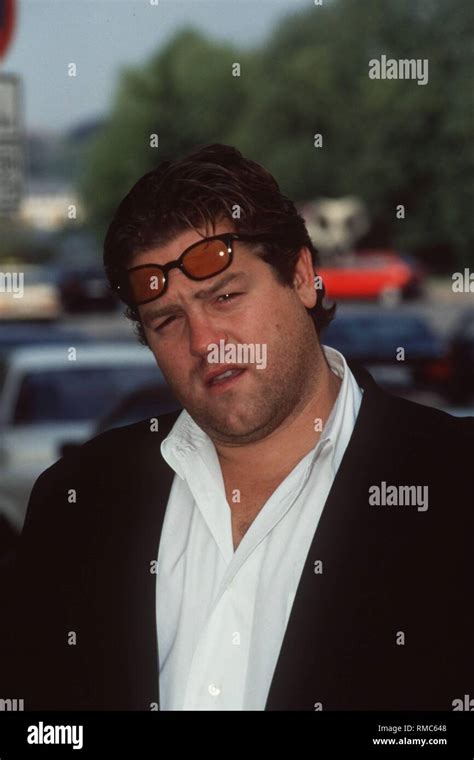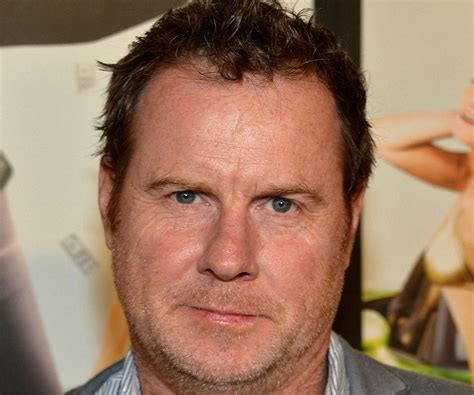A Quote by Ted Demme
I think, on a larger note, that filmmakers and studios should start to tuck it in a little bit, because films wouldn't have the pressure they have if the word wasn't out about how expensive they were.
Related Quotes
Folks like me have to feel a little indebted to the communities that they came from. And if they do, I think we'll start to see a little bit more of a geographic integration in the country because people will start to think, 'You know what? I owe that place something, and I should return to it in one form or another.'
Even before the economic crisis in Greece there was no structure for making films - no proper industry, and the structure didn't help filmmakers at all. So filmmakers had to help each other, and make very, very low-budget films. Now with the crisis, things got a bit worse, but filmmakers are still going to be making films. It didn't change that much.
In the '60s and '70s it was a great period for American films because studios were still run by individuals who worked off the seat of their pants and went along with things. At that time, they were very uncertain about what to make because of the influence of television. A lot of really terrific movies were made. But then the studios gradually became more corporate and were owned by corporations and run in that way and now they're very nervous. You see what they make - sequels, franchises and try not to take risks.
All the interesting films are now being made by their subsidiaries for very low budgets. But the studios are not making money. They're making these big, very expensive pictures that take a lot of money but don't really pay for their costs. So they're having a very difficult time. I can see the system breaking down. I think the American studios are a reflection or a metaphor for American industry altogether, which is failing in the world. Its economic domination is being broken down and I think the same thing is happening to the studios.
I don't think it's a coincidence that 'The War Room' and 'A Perfect Candidate' are films that have been consistently shown and available for rental for 20 years. These are films that are more about the moment in which they were filmed: they also have a great deal to say about larger issues about who we are as a country.
I think men under pressure - I mean, that's what brings out the worst and the best of us. I like to explore that quite a bit in my characters because I don't see a lot of it on the screen that moved me like the films that I grew up with - that are honest, at least, about honest emotions and honest heroism.
When filmmakers are kept from making films, there's a lot of different reasons why. Sometimes you work on a film and cast it and do all the work and can be just a month away from shooting, and all of a sudden, the whole thing goes up in smoke. But I do think the advent of a digital revolution is going to provide people with opportunities to make films that they never would have had before. I think you can do some pretty credible stuff now with very, very little money. Which I think is great for young filmmakers.




































